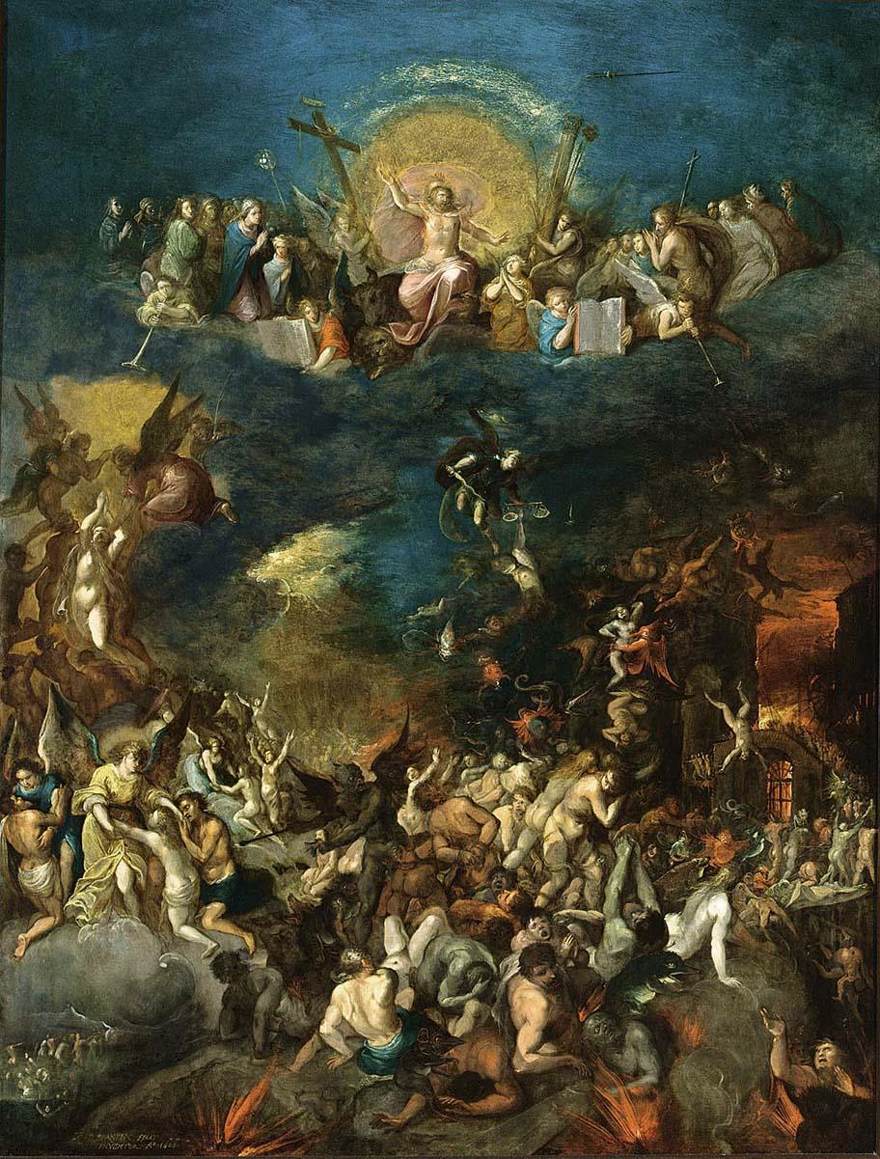Description
The painting "The Last Judgment" by the artist Frans II Francken is an impressive work depicting the last judgment according to the Christian tradition. The composition is very detailed and complex, with a large number of characters that are grouped in different scenes. The central scene shows Christ on his throne, surrounded by angels and saints, while around him are the damned and the saved.
Francken's artistic style is very distinctive, with great attention to detail and precise technique. The painting is full of small scenes and details that make it very interesting to look at. The characters are very well represented, with a great variety of facial expressions and gestures that add realism to the work.
Color is another remarkable aspect of painting. Francken uses a very rich and varied palette, with dark and bright tones creating a strong contrast. Gold and silver details add a touch of elegance and sophistication to the work.
The history of the painting is also very interesting. It was created in the 17th century, at the height of the Baroque era, and reflects the Church's concern for the fate of souls after death. The work was very popular in its day and was copied and reproduced on numerous occasions.
As for little-known aspects, it should be noted that Francken was not the only artist who worked on this painting. His father, Frans I Francken, also collaborated on the work, and some of the finer details are believed to have been done by other artists of the time.
In summary, "The Last Judgment" is an impressive work that stands out for its complexity, its precise technique and its rich color palette. The history of the painting and its little-known details make it a fascinating work for lovers of art and history.

